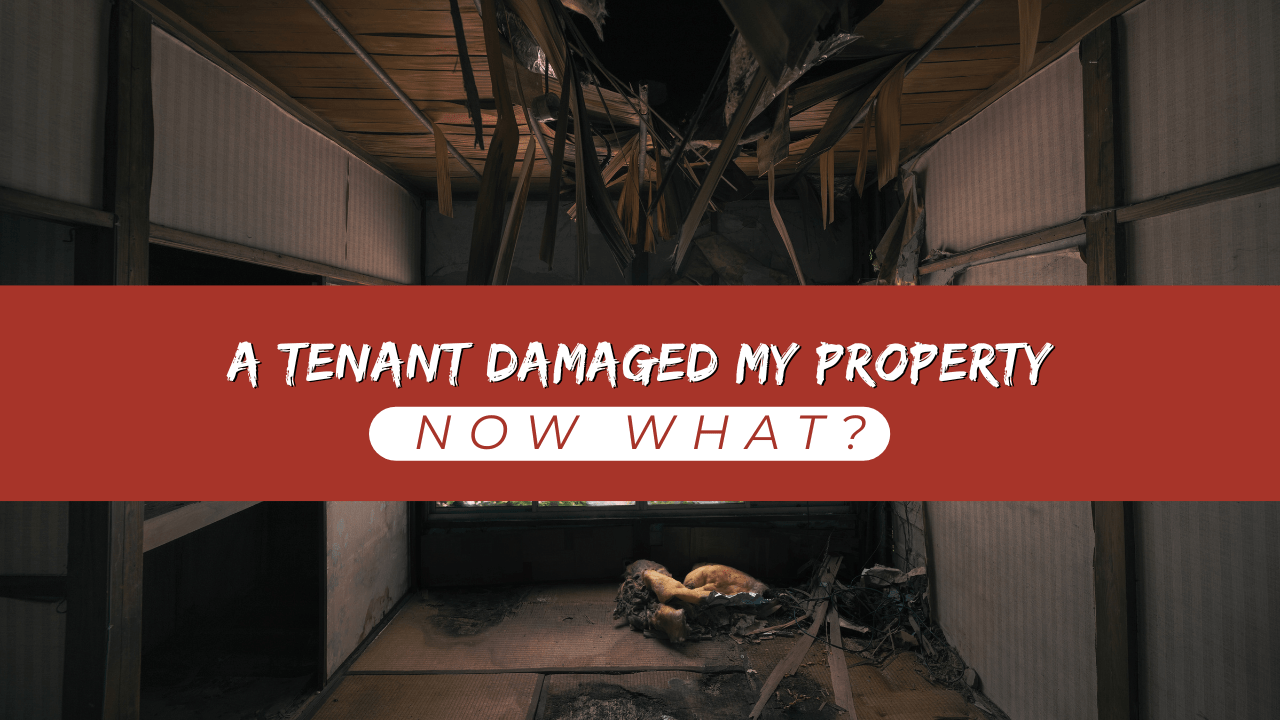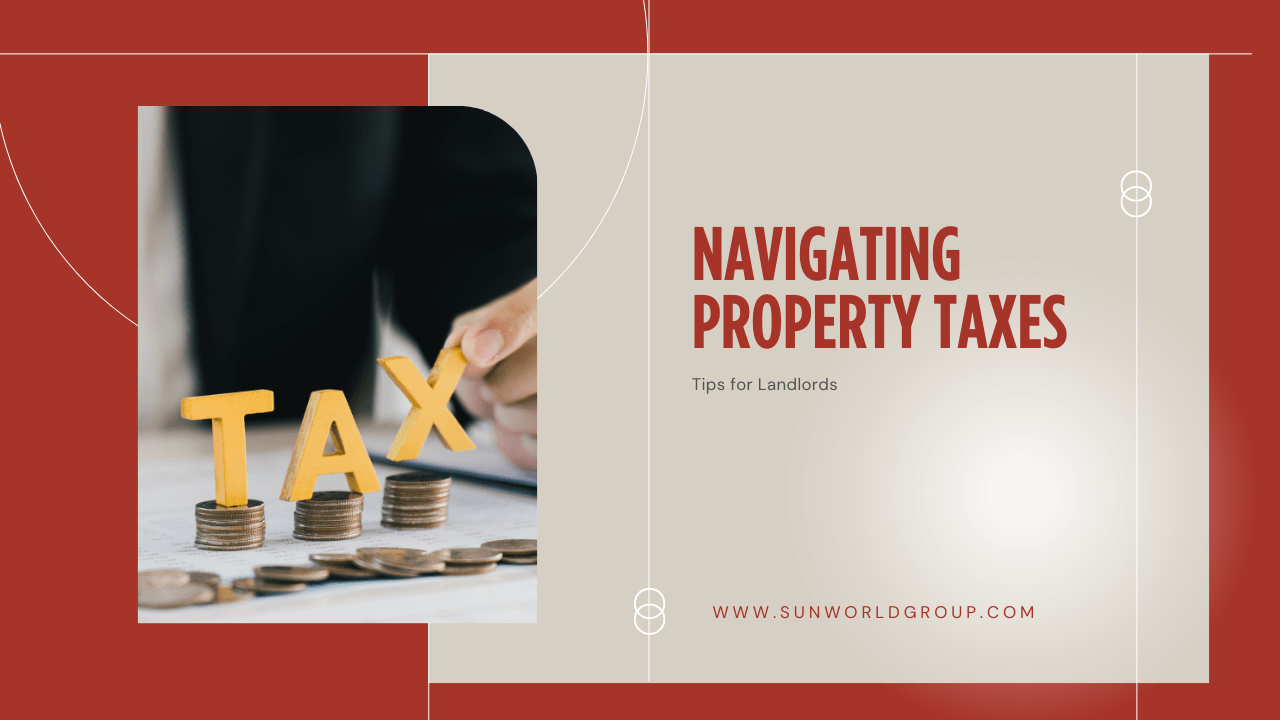Tenant damage is disheartening to find. Whether you notice the damage during the tenancy or after a tenant has moved out, it’s easy to panic about what it will cost and how you will repair it.
Luckily, your tenant is responsible for any damage they cause. You can hold them accountable in a number of ways.
First: Document and Repair Property Damage
Usually, tenant damage is discovered after a tenant has moved out and you’re conducting the move-out inspection.
When you’re inside the home, document any damage you find. In detail. Take photos and notes. Compare the condition now to the way the property looked before the tenant moved in. When you make a claim for damages, you’ll need to be able to document what you’ve had to repair.
Don’t wait for the tenant to pay in order to repair the damage. Take care of that immediately. You’ll need your
best vendors and contractors lined up to complete the repairs that are needed. Not only do you want to send a complete itemized statement and a bill for what the tenant still owes you; you also want to
rent the property out again as quickly as possible. Make those repairs and charge the tenant what they owe.
Your tenants are ultimately responsible for the damage, but you don’t want to hold up the repair and turnover process. Move ahead and document every cost.
Charge your Tenant’s Security Deposit
After the work has been completed and the repair costs have been documented, you can let your tenants know that you’re keeping all or most of the security deposit.
Follow all Washington State security deposit laws. When there’s excessive damage, you probably aren’t returning any of the deposit. You still need to send that accounting of damages. Provide an itemized list of what you’re withholding and why.
Highlight the amount that is still owed by the tenant, and provide a deadline by which you expect payment to be made.
When the Tenant Doesn’t Pay: Collections
Maybe the tenant will pay whatever is owed immediately after receiving your invoice.
It’s possible, but unlikely. Most tenants will forget all about it as soon as they leave your property and
move into a new one.
Depending on how much the tenant owes you, it’s possible to continue trying to collect from them. You can hire an attorney to help you get what is owed. You can also try to sue the tenant in small claims court for those damages that are still owed to you. This will take a lot of your time and resources. Decide whether it makes financial sense.
Preventing Tenant Damage: Screening and Insurance
You can also require renter’s insurance. This will protect you from any of the tenant’s liability when they’re
renting your home. If they damage something during the tenancy, you can make a claim against their policy. It saves both of you money.
Tenant damage is disruptive to your cash flow and your ability to continually rent out a home that’s in good condition. If you’d like some help avoiding or managing this situation, please contact us at SunWorld Group.









